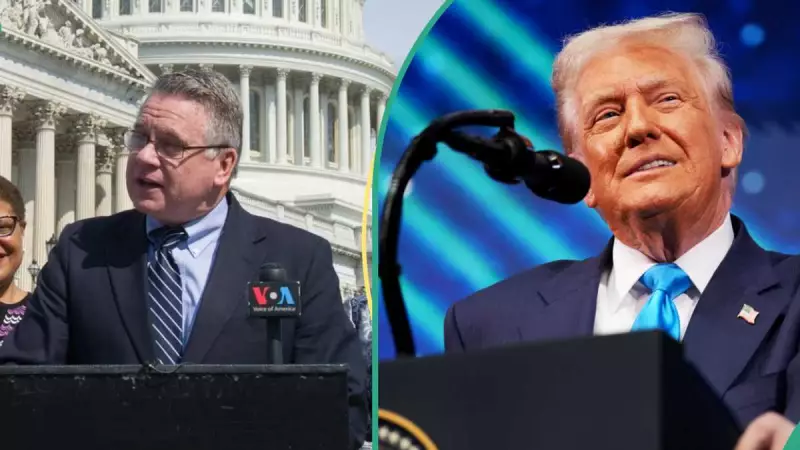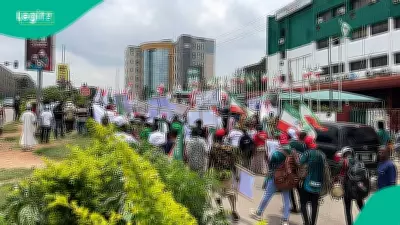
In a significant development that could strain diplomatic ties, United States lawmakers are intensifying pressure on the Biden administration to impose targeted sanctions against Miyetti Allah, a prominent Fulani pastoralist association. The move comes amid growing concerns about the group's alleged involvement in religious freedom violations across Nigeria's volatile Middle Belt region.
Congressional Pressure Mounts
Influential members of the US Congress have formally requested the State Department to designate Miyetti Allah under the Global Magnitsky Act, a powerful tool that enables sanctions against individuals and entities involved in severe human rights abuses. The legislators argue that the group has systematically targeted Christian farming communities in what they describe as religiously-motivated violence.
The Human Toll in Nigeria's Heartland
The congressional push follows disturbing reports from international human rights organizations documenting widespread attacks on religious minorities. Communities across Plateau, Benue, and Southern Kaduna states have experienced devastating losses, with thousands displaced from their ancestral homes and numerous worship centers destroyed in what victims describe as coordinated assaults.
Economic Dimensions of the Conflict
Beyond the religious aspects, the conflict carries significant economic undertones. The struggle between predominantly Muslim pastoralists and Christian farmers over diminishing land and water resources has escalated dramatically in recent years. Climate change and population growth have exacerbated these tensions, creating a perfect storm of violence that has claimed countless lives.
Potential Impact of US Sanctions
If implemented, the proposed sanctions would:
- Freeze any US-based assets belonging to Miyetti Allah leaders
- Prohibit American citizens and businesses from engaging with the group
- Restrict travel to the United States for identified individuals
- Send a strong message about Washington's commitment to religious freedom
Nigerian Government's Response
The Nigerian federal government has consistently maintained that the violence in the Middle Belt stems from resource competition rather than religious motivations. Security forces have deployed additional personnel to flashpoints, but critics argue that the response has been insufficient to curb the escalating violence.
International Religious Freedom Concerns
This congressional action represents the latest chapter in growing international scrutiny of Nigeria's religious freedom record. The US Commission on International Religious Freedom has repeatedly recommended that Nigeria be designated as a Country of Particular Concern, citing the government's inability to protect religious minorities from violent attacks.
The coming weeks will prove crucial as the State Department evaluates the lawmakers' request, with potential implications for US-Nigeria relations and the ongoing conflict in Nigeria's troubled heartland.





